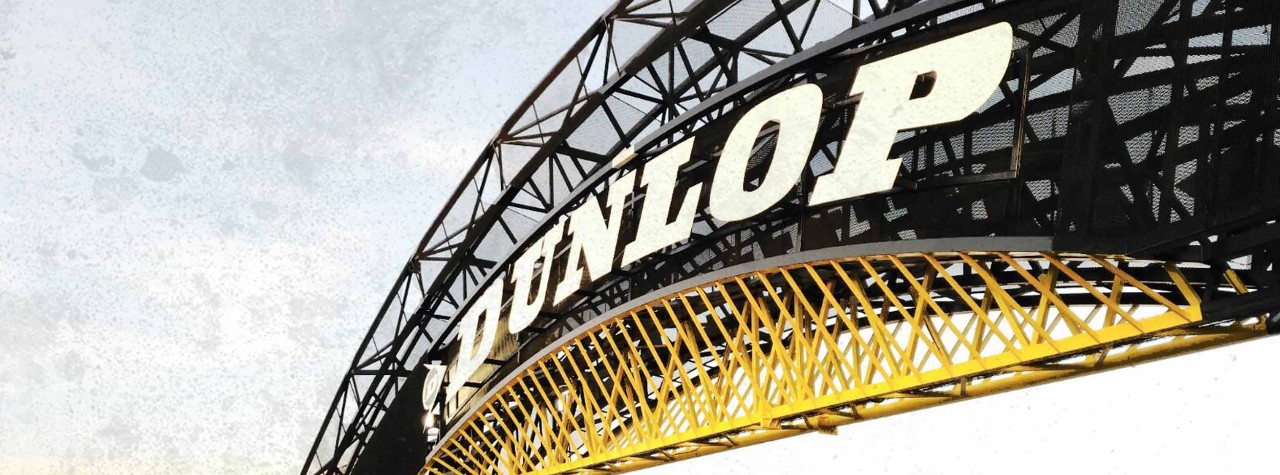
This statement is made pursuant to Section 54(1) of the Modern Slavery Act 2015 and constitutes Goodyear’s slavery and human trafficking statement for the financial year ended 31 December 2017. This statement sets out the steps taken by Goodyear to address the risk of modern slavery and human trafficking in its business and supply chain.
Goodyear is a company incorporated in England and Wales. Goodyear’s ultimate parent company is The Goodyear Tire and Rubber Company which, together with its global subsidiaries, is known as Goodyear.
Goodyear is one of the world’s largest tire companies. It employs about 64,000 people and manufactures its products in 48 facilities in 22 countries around the world. Its two Innovation Centers in Akron, Ohio and Colmar-Berg, Luxembourg strive to develop state-of-the-art products and services that set the technology and performance standard for the industry.
Goodyear’s policy on global human rights applies to the company’s operations worldwide and is part of its commitment to ethical and socially responsible behavior. The policy serves as a guide to how the company conducts business around the world. As stated in the Global Human Rights Policy, Goodyear supports the following principles:
Goodyear seeks to do business with customers and suppliers that observe similar standards in their relations with their employees and their own suppliers.
All Goodyear employees must also adhere to the Goodyear Business Conduct Manual, which includes disciplinary procedures for any violations. The Goodyear Business Conduct Manual covers Goodyear’s policies relating to global human rights.
Goodyear’s end-to-end supply chain is comprised of suppliers based throughout the world that provide a wide range of products and services related to the development, manufacturing, marketing, and distribution of tires for most applications. Goodyear strives to do business with reputable suppliers committed to Goodyear’s ethical standards and business practices. Goodyear expects its suppliers to act in a manner compatible with standards that contribute to Goodyear’s outstanding reputation.
Goodyear performs an assessment of the materials and countries of origin in its raw material supply chain to determine which materials come from countries or industries that have a higher risk of having been produced by forced labor, child labor or both, in violation of international standards. Through its Supplier Certification process (below), Goodyear is working to mitigate the risks for these sourced materials.
Goodyear has a Goodyear Supplier Code of Conduct which contains specific provisions regarding human rights and other workplace issues, as well as the right for Goodyear to perform human trafficking and slavery audits at any time. Goodyear requires certain raw material suppliers to certify to Goodyear’s Supplier Code of Conduct, or provide their own code of conduct that Goodyear must review and accept. Goodyear may decline to make future purchases from a supplier that does not certify to the Goodyear Supplier Code of Conduct, or does not provide an acceptable version of their own code of conduct.
Goodyear performs periodic supplier audits on an ongoing basis for validation of material quality and supplier conformance to certain regulatory requirements. All suppliers that certify to the Goodyear Supplier Code of Conduct may be subject to human trafficking and slavery audits at any time. Goodyear does expect that its suppliers be strictly compliant with local laws.
Employees of Goodyear who are directly responsible for suppliers are provided with awareness training on human trafficking, such as forced labor and child labor, and are expected to report any known or suspected violations.
Approved by the Board of Directors on 30th April 2018